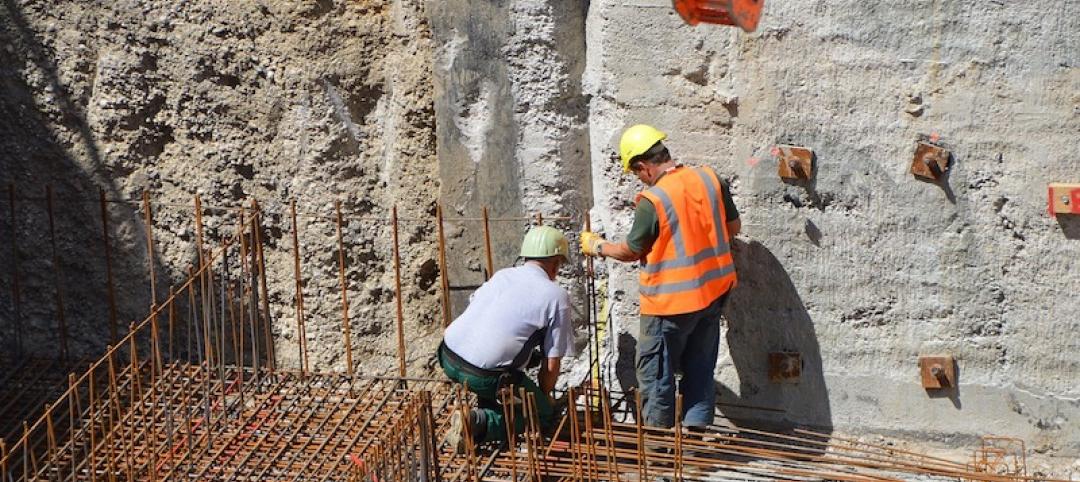Commonly used climate models may be significantly underestimating the risk of floods this century, according to a new study by Yale researchers.
Accurately pinpointing the magnitude and frequency of extreme rainfall hinges not only on tracking rainfall, but also on the way researchers model climate change, the study says. Previous studies averaged all the available climate models in order to figure out how much rain the planet will get in coming decades, but the Yale researchers only used the group of models that predict that climate change will result in an increase in precipitation efficiency—how much of a falling raindrop reevaporates into the atmosphere before it hits Earth’s surface.
They excluded models that forecast a decrease, since scientific observations over the past two decades indicate that climate change is yielding an increase in precipitation efficiency. The results show that it is possible that there will be as much as a twofold increase in the volume of extreme rainfall in the 21st century compared to what previous studies estimated.
Lawmakers could help prepare for extreme rainfall via fund initiatives that harden home infrastructure, such as rooftops, and improve drainage systems.
Related Stories
Codes and Standards | Feb 14, 2019
ISO publishes first global BIM standards
Based on British standard and a publicly available standard.
Codes and Standards | Feb 12, 2019
Property technology adoption accelerates in commercial real estate industry
New business models create disintermediation.
Codes and Standards | Feb 11, 2019
Investing in downtowns pays off for cities, regions
Benefits include driving tax revenue, business activity, and smart development.
Codes and Standards | Feb 8, 2019
Oslo, Norway’s downtown goes virtually car-free
Parking spots converted to bike lanes, transit is fast and easy.
Codes and Standards | Feb 7, 2019
New North Carolina energy code has extensive lighting control requirements
Includes automatic shut offs for buildings of all sizes.
Codes and Standards | Feb 6, 2019
Solar carports can help with California’s Title 24 mandates
Can be combined with virtual net-metering software and tax-enabled financing.
Codes and Standards | Feb 5, 2019
Milwaukee board approves rezoning for Western Hemisphere’s tallest mass timber building
Mixed-use tower would rise 21 stories high.
Codes and Standards | Feb 1, 2019
Mass. governor proposes real estate transfer fee hike for climate resiliency projects
Opposed by real estate and trade groups, plan could generate $1 billion in next decade.
Codes and Standards | Jan 31, 2019
New York City will reform construction bid process
Streamlined process intended to improve efficiency, reduce hassle for bidders.
Codes and Standards | Jan 30, 2019
New AGC program aims to diversify construction workforce
More diversity needed to keep pace with demand for workers.

















